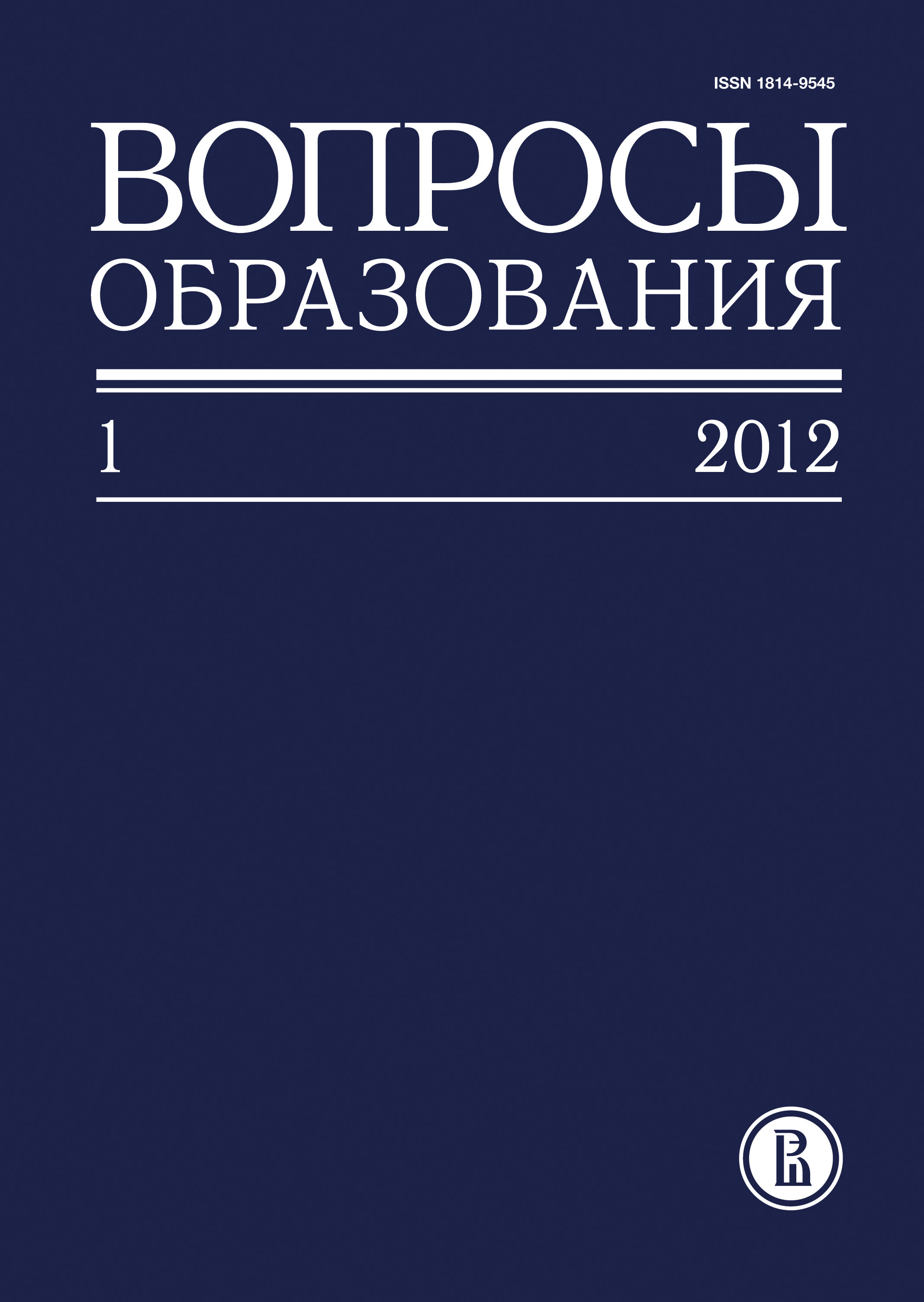Специализация юридического образования в российских университетах в XIX веке
Аннотация
Гинзбург Юрий Владимирович —преподаватель кафедры финансового права НИУ ВШЭ, дипломант Конкурса научных работ молодых ученых (2011). Эл. адрес: bolingbrok@rambler.ru
Адрес: Россия, 101000, Москва, ул. Мясницкая, д. 20.
Ильина Татьяна Николаевна — ассистент кафедры конституционного и административного права Курского государственного университета, дипломант Конкурса научных работ молодых ученых (2011). Эл. адрес: tanayunik@rambler.ru
Адрес: Россия, 305000, г. Курск, ул. Радищева, д. 33.
Описан опыт введения специализации учебных планов на юридических факультетах в России в XIX в. Охарактеризованы основные образовательные модели, реализованные на юридических факультетах в дореволюционной России. В ходе анализа содержания планов специализации юридических факультетов выявлены основные причины ее введения, заключающиеся в необходимости преодоления недостатков фундаментальной модели юридического образования и потребности в формировании кадрового резерва не только для органов правосудия, но и для системы управления.
Среди ключевых факторов, обусловивших неуспешность попыток введения специализации, выделяется дефицит профессорских кадров, вследствие которого была нарушена дифференциация курсов для студентов разных отделений и исключены некоторые дисциплины из учебных планов, что дискредитировало идею специализации. Отмечается невостребованность студентами государственной специализации, в отличие от юридической, которая привлекала более широкими перспективами для будущей карьеры. Обращается внимание на то, что неудача попыток реализации планов разделения юридических факультетов на отделения была отчасти обусловлена отсутствием отлаженного механизма подготовки профессиональных кадров в Российской империи. В результате того, что на практике выпускники разных специализаций не различались, нарушался принцип распределения специалистов между судебным ведомством и системой управления в соответствии с полученной квалификацией, что приводило к риску поступления на службу некомпетентных в конкретной области людей.
Отмечается преемственность отечественного опыта, предложенного Московским университетом в начале XIX в., современным юридическим образованием, предусматривающим специализацию на второй ступени двухуровневой системы обучения.








